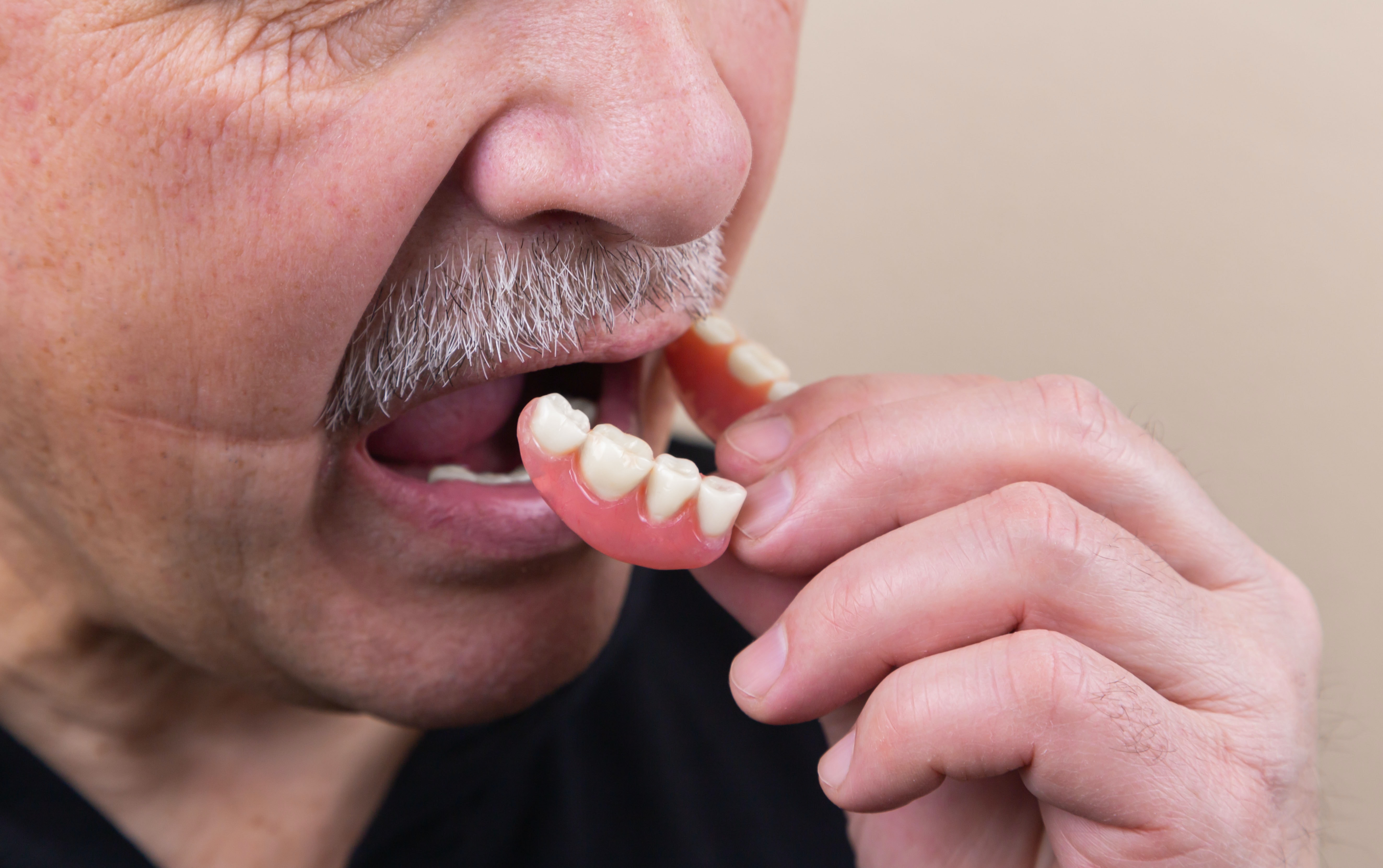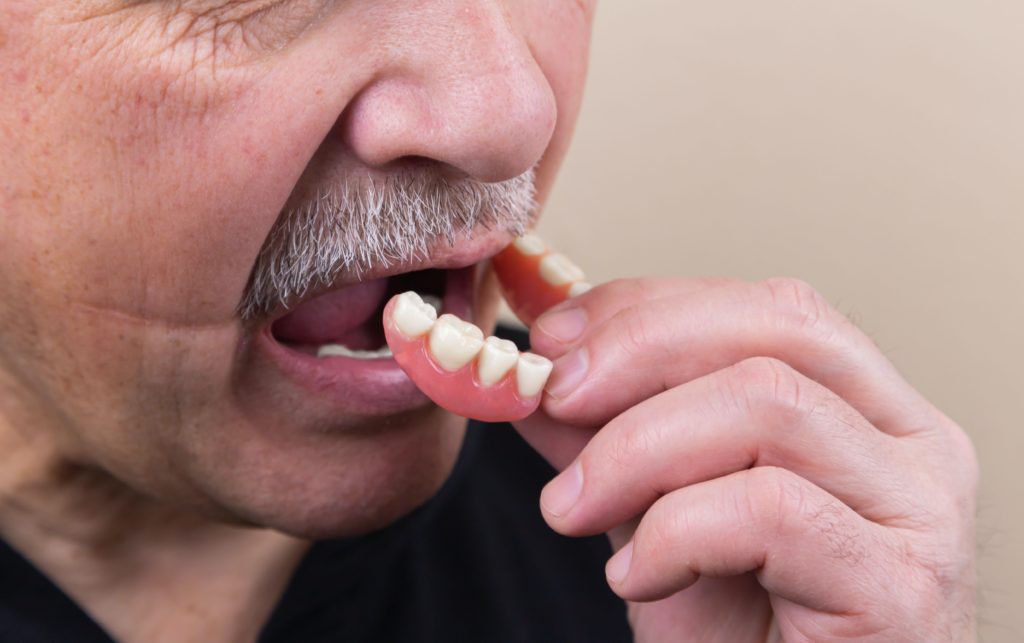How Many Teeth Should be Lost before Applying Dentures?
In a recent study, it was found that many people do not really need dentures. This analysis was based on the minimum definition of the need for people to survive without dentures. One catch of this study, however, is that dentures are not only used for chewing. Whether you have lost one or many teeth, there are several factors that need to be considered when it comes to needing dentures.
Dentures for Chewing
Your need for dentures to chew will depend on the number and position of the teeth you currently have. Generally, to properly chew, it is recommended to have at least 20 teeth that have occlusion with one another. This includes at least 4 pairs of molars that can help you chew on difficult food items, and the rest are anterior teeth to help you grip and tear on food.
A mouth with fewer than 20 teeth or one that does not have a functional combination requires dentures. It is also important to watch out for signs of poor chewings, like diarrhea, constipation, gas, and indigestion. Take note, though, that not all dentures are completely functional for chewing, so a dentist’s recommendation is still essential.
Dentures for Stability
Aside from chewing, teeth also support one another to preserve a healthy arch. When you lose one tooth, for instance, the rest of the teeth drifts. Drifting can lead to crooked teeth and gaps that cause an unattractive smile or a change to a nonfunctional bite. This means that teeth that used to oppose each other will move so that they no longer touch, necessitating the need for dentures or braces.
Another issue with drifting teeth is that they are harder to keep clean, which can lead to an increased risk of developing cavities, gum disease, and even tooth loss. Even when you do not have any clear issues with drifting, those teeth that touch can end up enduring too much load, leading to damage, excessive wear, and loss.
Dentures to Keep Active
Many might not realize it, but the tooth is a vital part of the support and balance system of the body. The jaw helps support and brace the head to maintain an upright and straight neck. Without teeth, this support system can collapse and put you at risk for falls. You might also notice that your balance and strength are compromised.
Your jaw holds your airway so that it is in an optimal position. If you do not have any teeth, the jaws can move out of place. This can lead to narrowed airways and make breathing harder, especially under stressful situations. There might also be problems with breathing while sleeping, as teeth loss increases your risk for sleep apnea.
Dentures for Appearance
A smile is one of the most crucial aspects of your appearance. It is the first thing that people see and can be a basis for their judgments. Having missing teeth can make you look unhealthy, old, and uneducated, and such first impressions can be hard to change. It is for this reason that many people turn to dentures to give them a pleasant smile.
But even when you are not smiling, teeth also play an essential role in your appearance. They are an important part of the foundation of your facial appearance. When you lose teeth, your foundation is eroded, giving you a sunken look, and notice more deep folds and wrinkles, as well as turkey neck, jowls, and other signs of aging.
If you are still not sure about getting dentures, perhaps you can get expert recommendations from your dentist. Contact a reputable dental professional in your area now and learn more about dentures.






 |
|